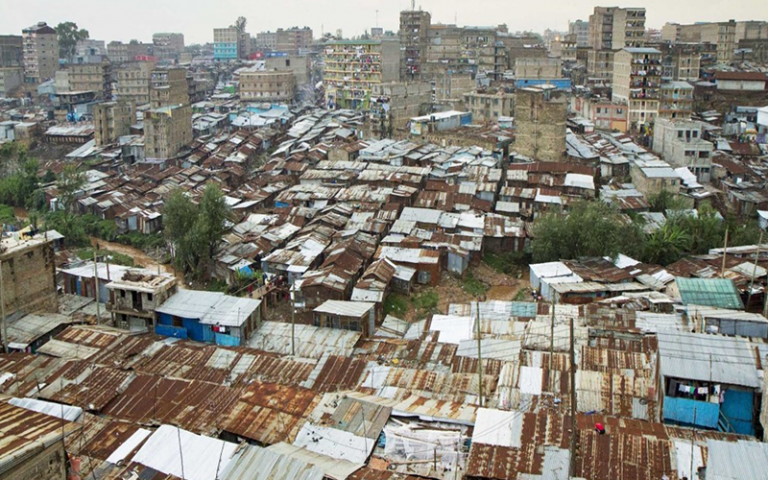Making groundwater a safe source of drinking water for Africa
A team of UCL researchers is working with universities, water companies, and government ministries in Africa to improve and sustain access to safe drinking water.

8 October 2020
Underlying Africa hides one of the continent’s most precious resources: groundwater flowing within aquifers underground, where researchers have estimated many countries have 100 times more water than in rivers and lakes on the surface. Yet less than 50% of rural communities in many sub-Saharan African countries have access to safe water.
“Ground water is the most strategic and low-cost way to provide safe water to people in Africa,” explains Professor Richard Taylor (UCL Geography) who co-leads the AfriWatSan project.
“However, we need a more integrated approach to ensure the ground water is kept free of faecal contamination while remaining easily accessible to those in need.”
The project draws on expertise from three UCL faculties: Population Health Sciences, Engineering and Social & Historical Sciences. It combines cross-disciplinary research with strengthening the capacity of universities in Africa through training PhD students and laboratory technicians, equipping laboratories, providing guidance on scientific protocols and supporting the construction of field observatories.
Ground water is the most strategic and low-cost way to provide safe water to people in Africa.
The UCL team is working with water and irrigation ministries, sewerage and water companies to map underground aquifers and assess local sanitation systems in impoverished areas of a town (Lukaya, Uganda), city (Kisumu, Kenya) and megacity, (Dakar, Senegal). In each urban location, residents abstract groundwater from shallow aquifers while making use of local sanitation facilities such as pit latrines and septic tanks that contain faecal waste in the shallow subsurface.
The researchers are investigating relationships among seasonal rains, community hygiene, sanitation provision and groundwater quality.
“We are evaluating the vulnerability of shallow aquifers to contamination and the effects of extreme climates, as well as how improved management of faecal waste can help to reduce the risk of contaminating safe drinking-water sources,” explains AfriWatSan Co-lead, Dr Luiza Campos (UCL Civil, Environmental & Geomatic Engineering).
The scientific evidence produced is helping to inform local policies and practices to support sustainable water supplies and low-cost sanitation systems in Africa.
“It is vital that we raise awareness of the importance of groundwater as a source of drinking water and ensure this precious resource is protected and managed to support sustainable and safe water and sanitation for all by 2030,” Professor Taylor adds.
Image
Credit: Calvin Ouko, University of Nairobi. Kenya. Caption: A low-income community in Kisumu, Kenya, where AfriWatSan is seeking to sustain and expand low-cost, on-site water supply and sanitation solutions.
 Close
Close


